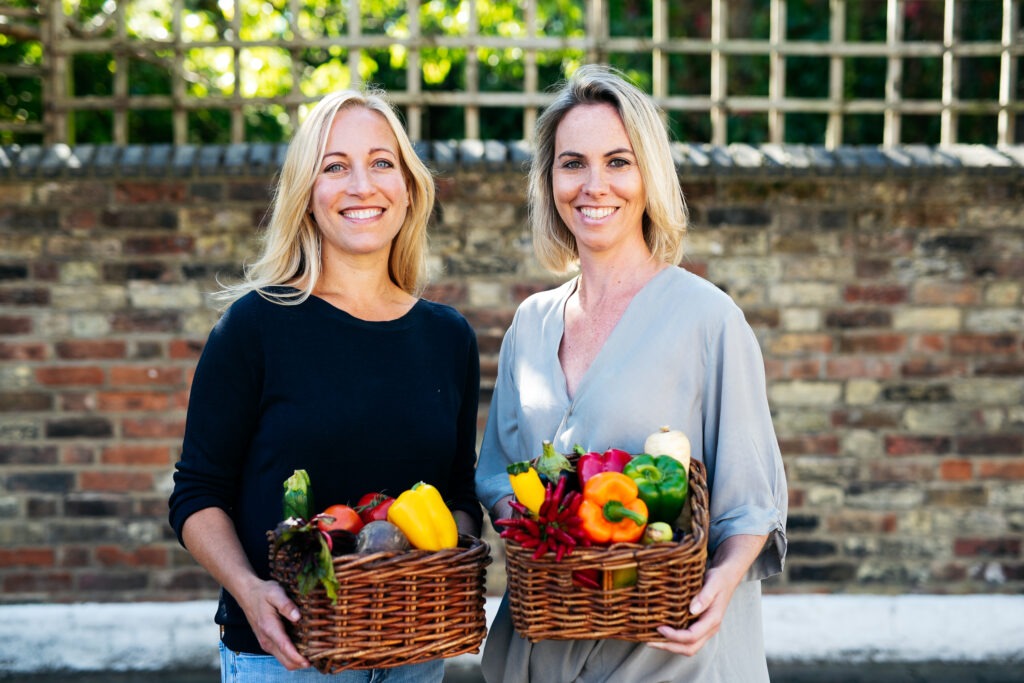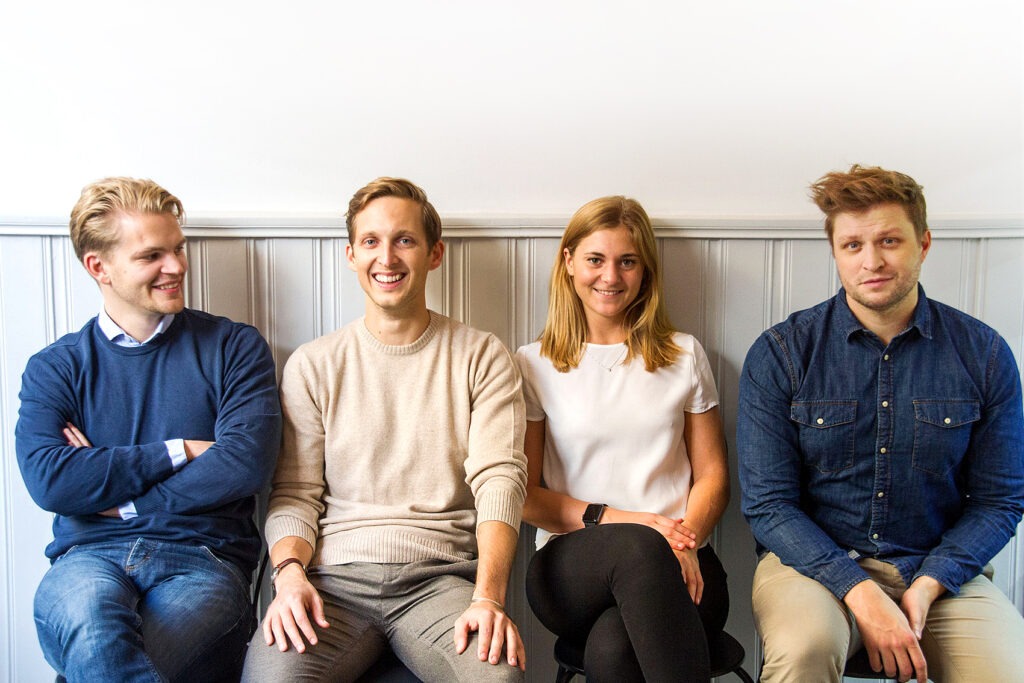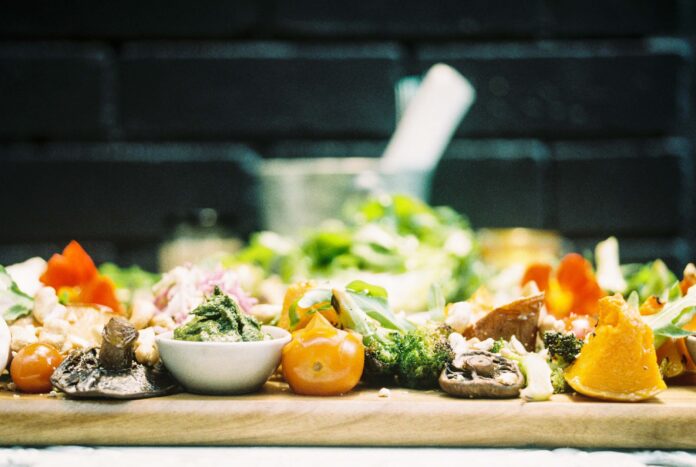Food sustainability and a boom in food tech has become a key part of most retail giants’ innovation strategies for 2022. As shoppers become more aware of climate change and the dangers it poses to our planet, swiping for sustainability is here to stay. With buyer behaviour shifting in favour of more technological methods of monitoring consumption through apps and web applications, platforms that can help downsize food waste levels and free up space in landfills are quite rightly being adopted across Europe.
According to The Environmental Protection Agency, food waste is responsible for between 8-10 percent of global greenhouse gas emissions. In addition to this, a study on consumer behaviour towards food waste in Ireland alone, has revealed that when it comes to unwanted edibles, last year uncaring consumers produced on average 0.74 kg of food leftovers on a weekly basis.
As a result of the hard-hitting impact of unused foods on the environment, there has been a tasty tech tidal wave of mobile apps and websites cropping up all across the globe. Most of these sophisticated platforms enable food purchase tracking and repurposing of tantalizing ingredients. It’s hoped this growing appetite for food tech for good will help people play their part in relieving the hard hitting impacts of what has become a global food waste crisis.
Have no doubt about it, demand for innovation within the sustainability space is continuing to skyrocket. Such food recycling platforms have become so popular that a recent analysis from Emergen research has revealed it expects the global food tech market, as a whole, to be worth around 302 billion euros by 2027.
Here we explore some new and existing applications that are fast tracking behavioral changes among hungry consumers as the battle against food waste and the mission to help save the planet grows greater than ever.
Too Good To Go
Self-described ‘food-people-planet’ platform Too Good To Go claims to become the world’s largest B2C marketplace for surplus food. It’s estimated the app is powered by at least 16 different technology products and services such as google analytics, jQuery, HTML5 and more. In addition to this, when it comes to its website, reports suggest at least 54 different technologies are involved including viewport meta, iPhone/Mobile Compatible and SPF. Through built-in GPS technology, it connects consumers with restaurants, cafes and stores, offering app users opportunities to purchase leftovers for a fraction of the cost in what it calls ‘magic bags’. These can contain whatever good food is set to be thrown away at the end of the day. Through the app or website, users can use location driven technology to navigate a magic bag near them and turn up at the business within an assigned collection time. Upon arrival, users just need to produce their app booking upon collection. Too Good To Go is currently available in 17 countries, including Switzerland, Germany, France, the UK and Ireland through Android, iOS and the web.

Tessa Clarke – Saasha Celestial-One – CoFounders OLIO – by AnnabelStaff 
Karma Founders Hjalmar, Ludvig, Elsa, Mattis
OLIO
Not only focusing on food sustainability but household items, OLIO allows users to access food being thrown away by their neighbors and local businesses. Similar to Facebook marketplace (only operating in real time) all foods featured are either spare or near their sell-by dates. The colourful platform encourages people to upload images of their unwanted items, a brief descriptor and details on where they can be collected. People can then arrange pick-up through private messaging. OLIO is free to download in 40 different countries, including the UK, Australia and New Zealand) on iOS, Android. Unfortunately, it currently doesn’t have a windows app or desktop version, though sources have confirmed it is a work in progress. Although fairly tight-lipped about the technology involved, OLIO has plans to recruit more highly skilled developers and add new features to its platform over the coming months.
FoodCloud
Founded by tech-savvy college students, FoodCloud is a ‘food tech app for good’ that aims to help charities provide for those in need across the globe. It not only connects retailers with not-for-profit organisations, but it also provides technology for food banks and its hub solution helps rescue large volumes of surplus foods, redistributing them where needed. It’s mission to help retailers assist those in need through the application is simple. Store owners simply upload details and images of what is available on the FoodCloud app. Operating in real-time, local charities can receive instant notifications, collect the surplus items and help distribute it to those in need. Cloud-based (hence the name) it has made no secret of the fact that it uses tech firm Twilio’s APIs to send messages and make calls between retailers and charities. Through data monitoring, the app also allows businesses to track food wastage and reduce the costs of their waste disposal. FoodCloud currently operates in the UK and Ireland and is free to download on Android and iOS.
Karma
Last but not least, another mover and shaker in the food sustainability sphere is Karma. This clever app aims to reduce food waste by rescuing leftovers from supermarkets, restaurants and cafes. Available on iOS and Android, its free to download software enables users to order and collect leftover dishes (described through the site in detail) and ingredients through digital menus via a QR code or the web at a 50 percent discount, no ‘magic boxes’ or ‘mystery bags’ required. It also includes tipping and delivery options for users which can be added through a single tap. Available in Sweden, the UK and France, this machine learning app operates through the Google Cloud platform and it’s BigQuery ML tool which enables users to order uneaten dishes and ingredients through one simple swipe.



